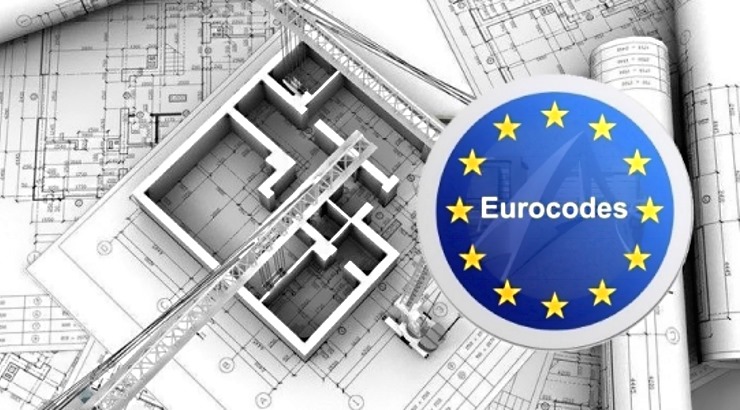Industry News
How Kenya Plans to Ease High Rents, Overcrowding in Cities
The use of locally available materials such as mangrove timber will help cut building costs.

After years of talks with construction industry stakeholders, the government has finally accepted calls for a drastic overhaul of the Kenya building code and regulations.
This will see the country shifting from the British Standards and Codes of Practice, in use since 1969, to the new European construction guidelines – Eurocodes – by January 2021.
The new code, which will be customised to suit local needs, will pave the way for the use of commonly available building materials such as mangrove timber in a policy shift that is expected to cut building costs.
Speaking last September during a stakeholders forum discussing the shift to Eurocodes, then Public Works PS Paul Maringa said the Eurocodes allow for innovation hence the use of locally available building materials as long as they are safe.
“A Kenyan at the Coast seeking approval to build permanent structures using, say mangrove timber or coral stones, which are abundant in the region, will be able to do so under the law as long as standardisation is done and the materials pass the safety test,” Prof Maringa said.
RELATED: Builders to Go Back to Class as Kenya Adopts Eurocodes
Local developers have been pushing for revision of existing construction guidelines terming them as a major hindrance to the development of low-cost housing in the country.
“It is hard to believe that a house built of timber walling cannot be approved by the Nairobi County since it does not meet the standards that warrant approval, yet about half of the city’s population lives in slums built of tins and mud,” says Munyaka Thuku, a property developer.
According to the Kenya Bureau of Standards (Kebs), which has already unveiled a roadmap for employing the Eurocodes, the new guidelines will form a common basis for research that will help create innovations for low-cost housing development.
The adoption of the new building code will, however, occur within five years since builders will have to undergo some retraining.
“It is expected that by January 2021 implementation of the Structural Eurocode will have been completed for use in the construction industry,” Kebs managing director Charles Ongwae said.
Mr Ongwae said the Eurocodes will eliminate the disparities that deter the transfer of engineering technology and services between Kenya and global markets while bringing about uniform levels of safety in the building and construction sector.














